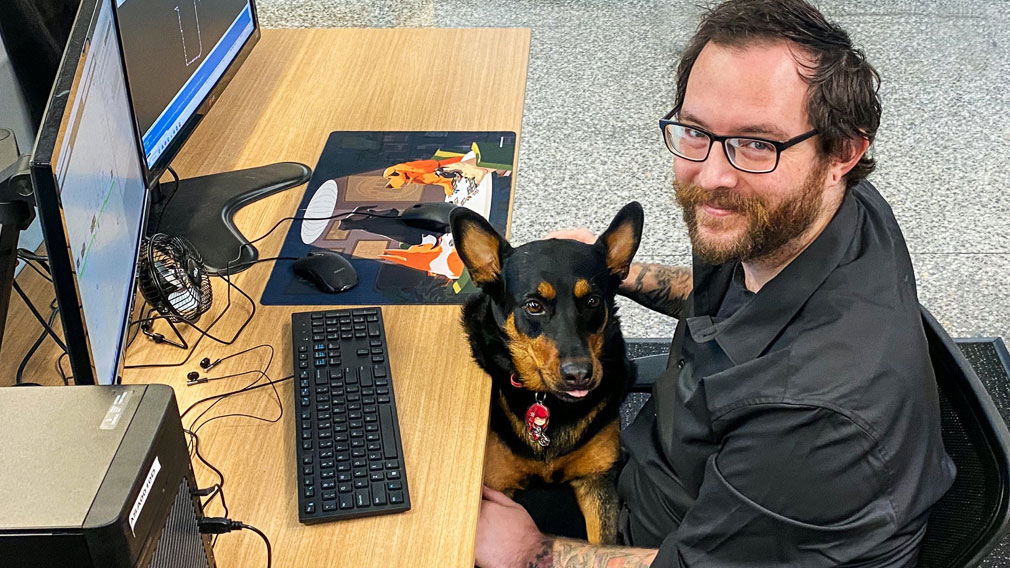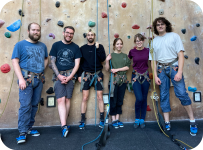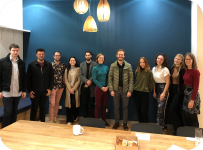Few employers give young people with autism and other neurodiverse disabilities a chance to create meaningful work and wealth for themselves, but more than 6.5 m big-data related tech jobs will be needed in 2030 in Australia to keep up with demand.
Australian Spatial Analytics’ (ASA) vision is to use data to employ diversity. As one of Australia’s largest and fastest growing social enterprises, ASA adds value to corporations and governments by training and employing remarkable young neurodiverse individuals to process and analyse geospatial and engineering data across a range of industries.
ASA exists to deliver 3 key benefits:
- Make social impact on the lives of young unemployed neurodiverse people in the community;
- Solve short term skills shortages for client projects by delivering undergraduate geospatial and engineering professional services;
- Solve long term skills shortages by training and nurturing the next generation of geospatial and engineering professionals
The Foundation is supporting ASA, granting $425,000 over four years. The Integrated Transition Project, a pathway to long term, skilled employment for young adults with neurodiverse disabilities, will kickstart specialist training in digital engineering and implement an employment transition program for digital engineering customers. This project will support young people like Chris to enter the workforce and be celebrated for their abilities.
“Our team are proud to demonstrate the value of a neurodiverse workforce to our customers each and every day. Thanks to the William Buckland Foundation, ASA can not only employ more neurodiverse people but train them in the specific engineering skills that the Victorian economy needs and support those ready to transition to large engineering companies.
This alternative employment pathway for our customers ensures sustained social impact for the State and fosters meaningful careers for people with a disability.”
Geoff Smith, CEO, Australian Spatial Analytics (ASA)



